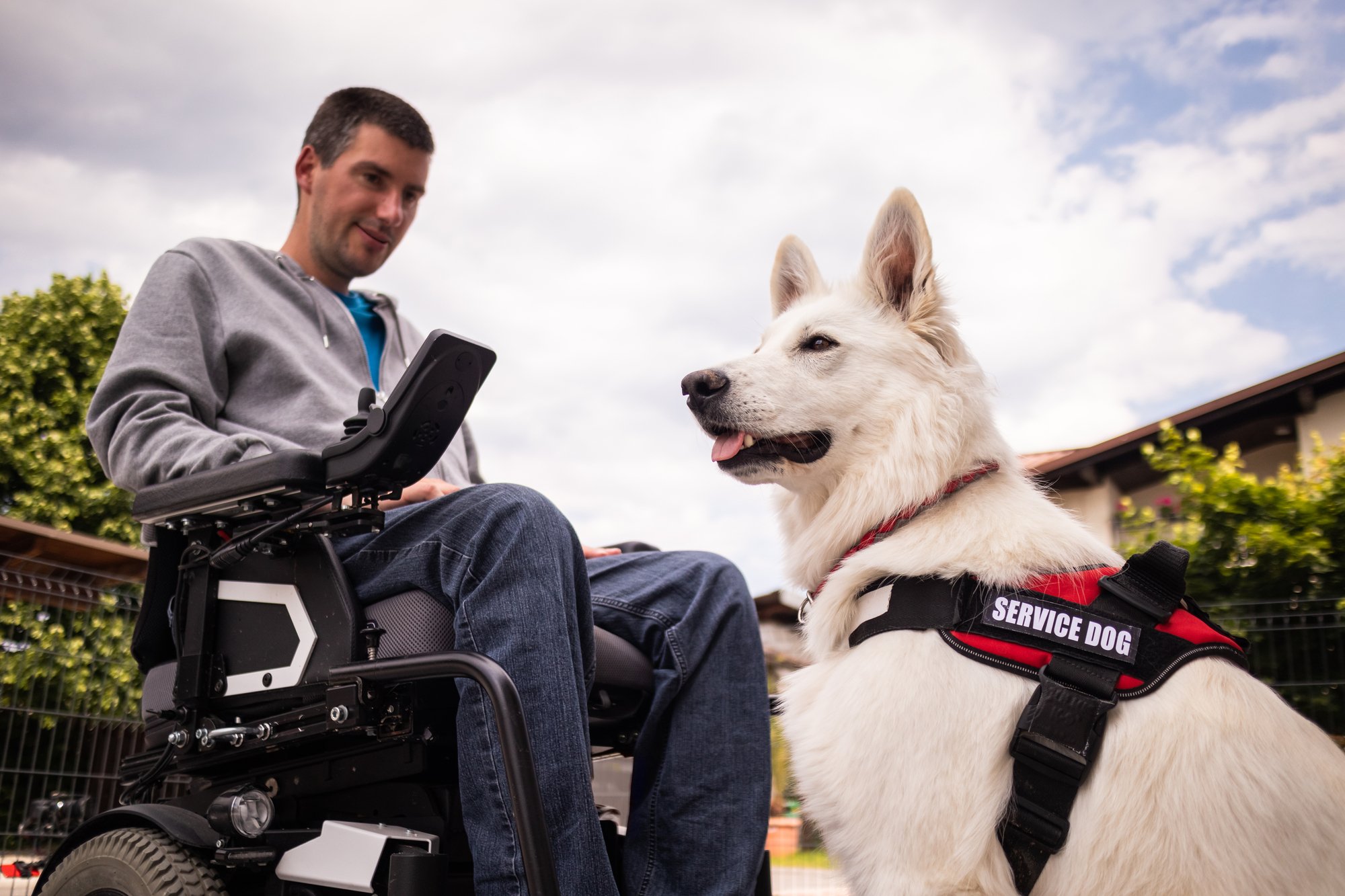For individuals facing mobility challenges, having a loyal and helpful companion can make a world of difference. Dogs, with their unwavering devotion and natural instincts, can become invaluable partners, assisting with daily tasks and providing emotional support. But not every breed is cut out for this special role. So, let’s dive into the world of dog breeds known for their intelligence, temperament, and ability to excel in mobility assistance.
What Makes a Good Mobility Assistance Dog?
Before we jump into specific breeds, let’s understand the key qualities that make a dog a perfect candidate for mobility assistance. These qualities go beyond simply being a friendly pup.
- Intelligence and Trainability: These dogs need to be smart and eager to learn, able to grasp commands and follow instructions consistently. They’ll be trained to perform specific tasks, so a sharp mind is essential.
- Gentle and Patient Temperament: A dog assisting with mobility needs to be gentle and patient, especially when helping with delicate tasks. They should be calm and avoid getting overly excited or jumping, which could cause instability or injury.
- Good Health and Stamina: A mobility assistance dog needs to be physically fit and healthy, capable of enduring daily activities and routines. This includes things like fetching items, retrieving dropped objects, and providing support during walks.
It’s crucial to note that training a dog for mobility assistance requires dedication and expertise. Specialized training programs are often necessary to ensure the dog’s safety and effectiveness in its role.
Popular Breeds for Mobility Assistance
Now let’s explore some breeds that are often selected for mobility assistance, known for their exceptional skills and qualities.
Labrador Retriever
The Labrador Retriever is a perennial favorite for service work, including mobility assistance. They are renowned for their intelligence, eagerness to please, and gentle nature. Labs are often used for retrieving items, opening doors, and providing stability during walks.
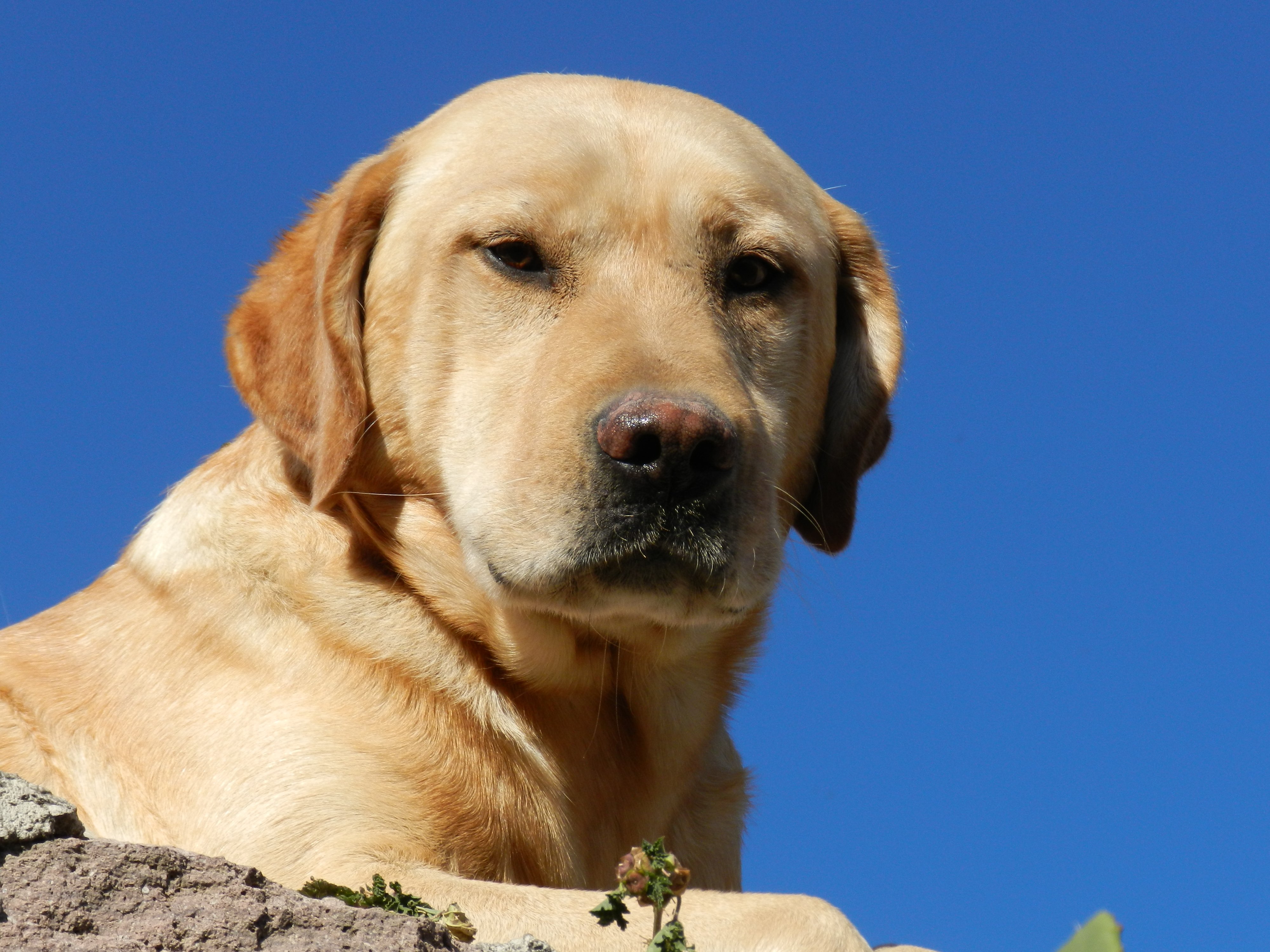
Golden Retriever
Another beloved breed, Golden Retrievers share many similarities with Labs. They are known for their exceptional loyalty, patience, and eagerness to assist. Their gentle nature makes them ideal for tasks that require a soft touch.
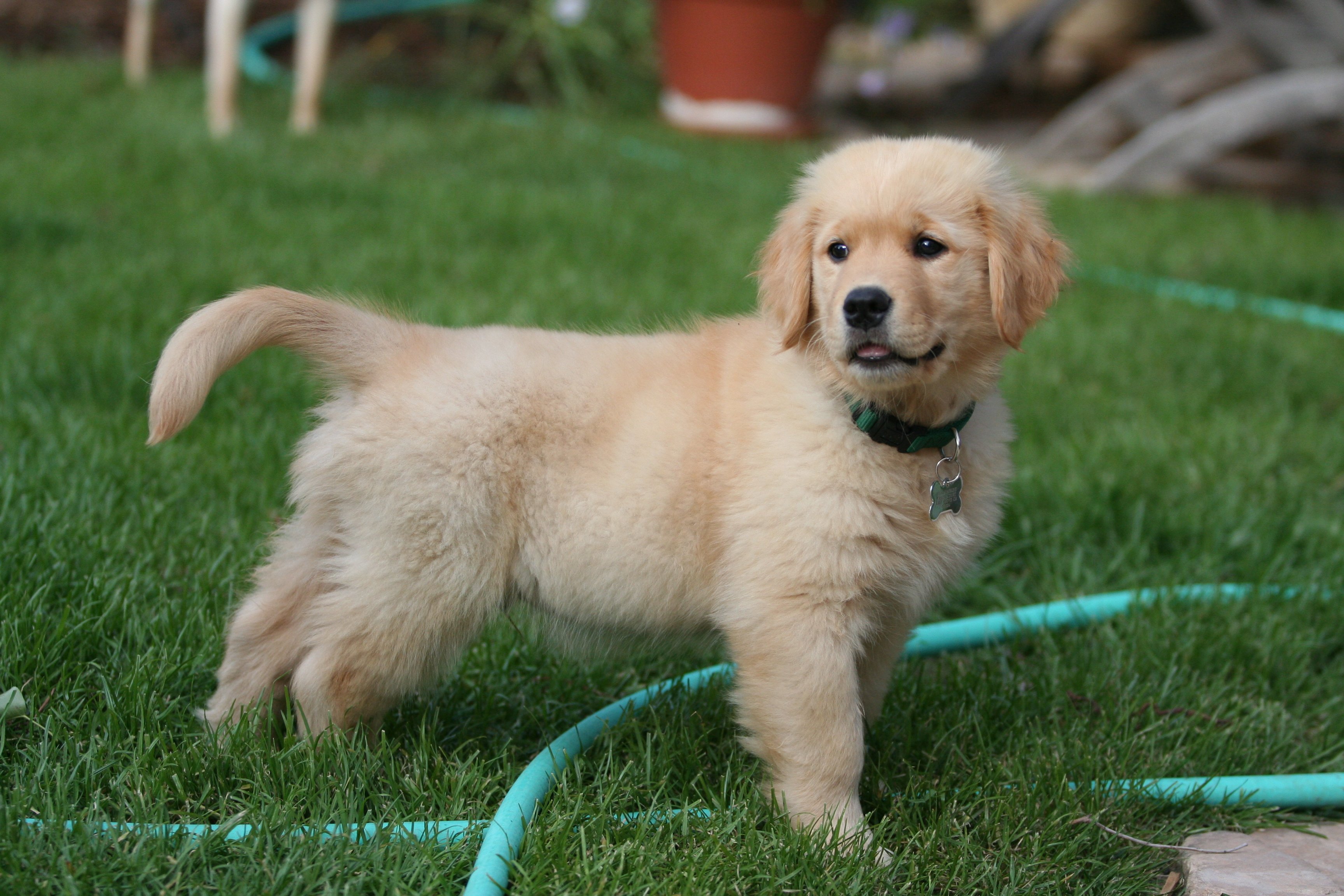
Poodle
Don’t underestimate the intelligence and adaptability of Poodles. They come in various sizes, making them suitable for different lifestyles. Poodles are known for their hypoallergenic coat, making them a good option for individuals with allergies. Their trainability and gentle nature make them excellent partners for mobility assistance.
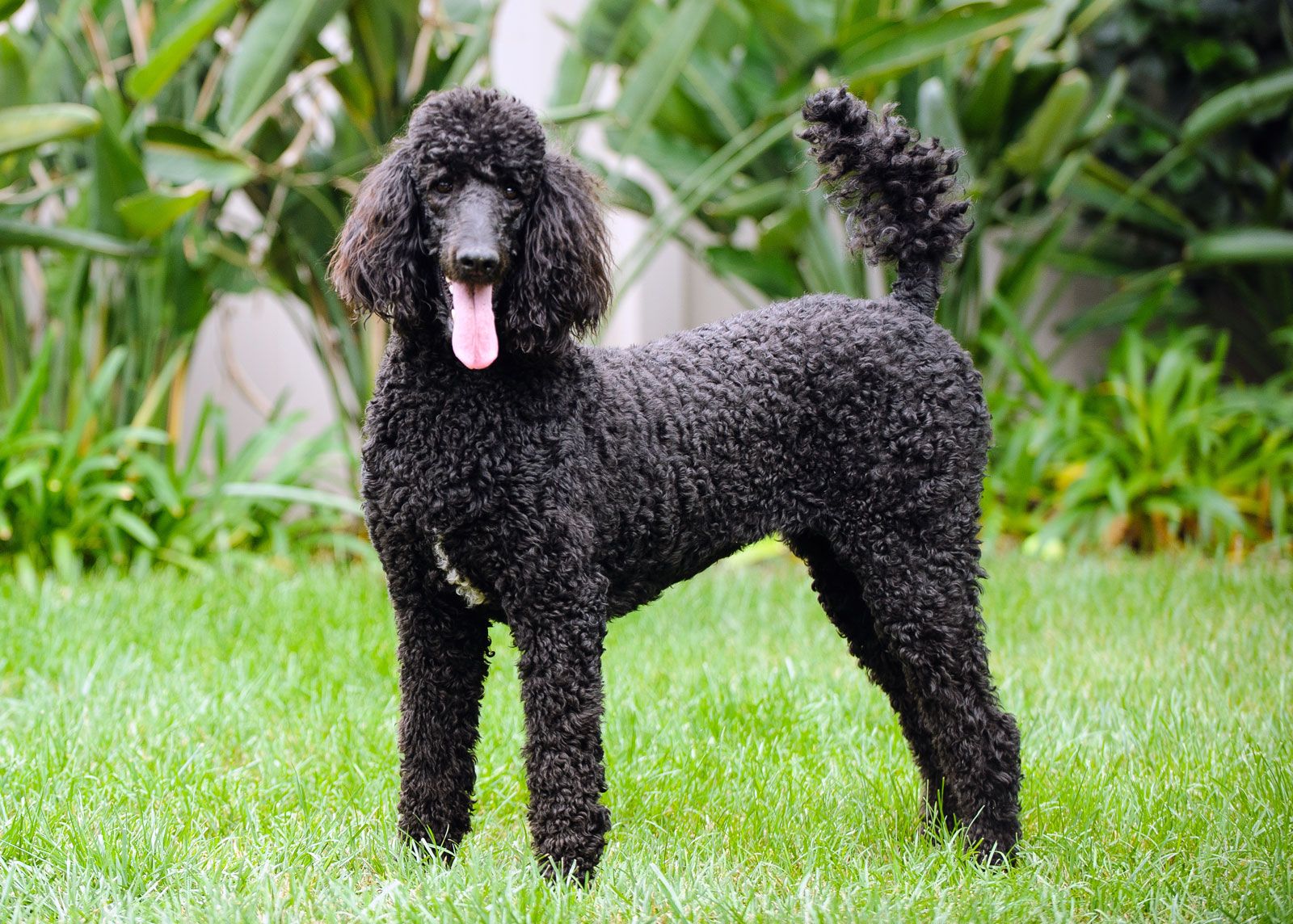
German Shepherd
German Shepherds are often seen as working dogs, and for good reason. They are highly intelligent, eager to please, and possess strong protective instincts. Their size and strength make them well-suited for tasks that require physical assistance, such as retrieving objects or providing balance support.
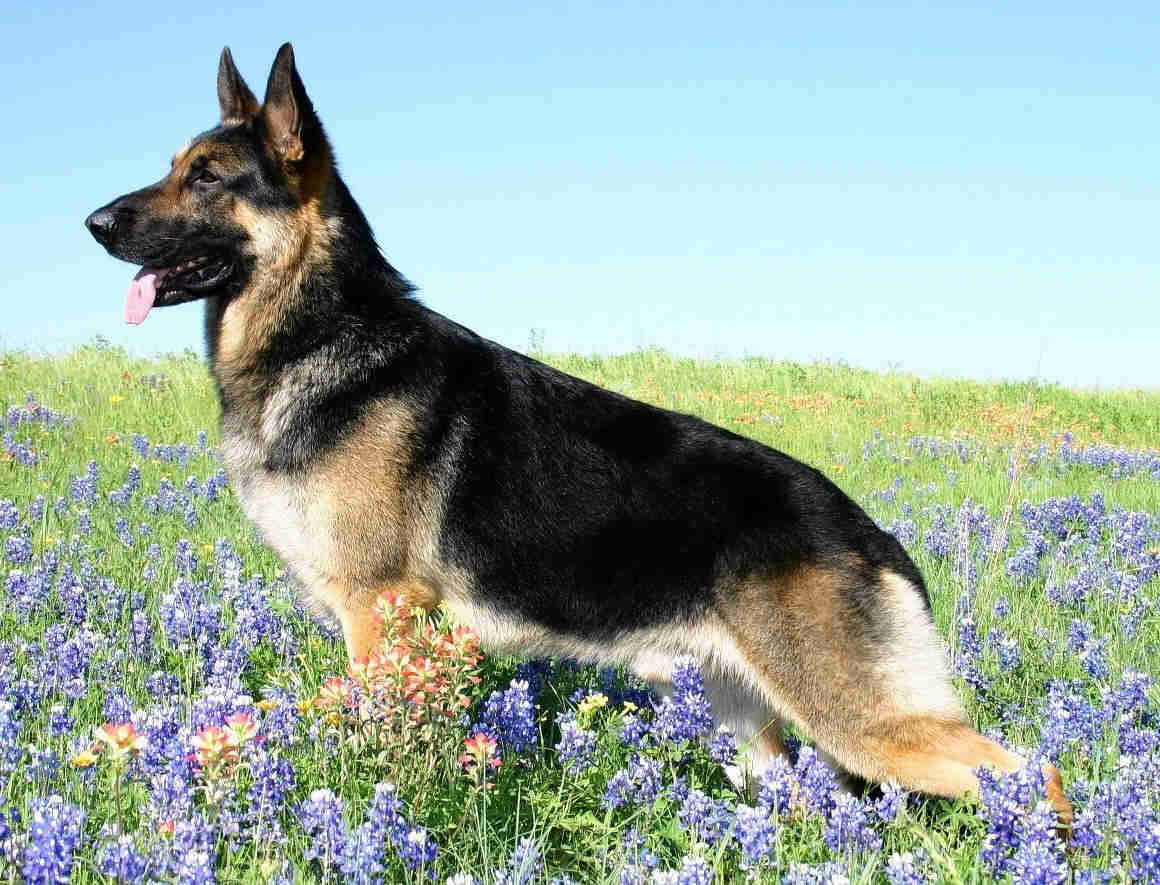
Bernese Mountain Dog
These large, gentle giants are known for their calmness and devotion. Bernese Mountain Dogs are often used for their strength and ability to pull or push objects, making them valuable companions for individuals who need help with tasks like opening doors or navigating uneven terrain.
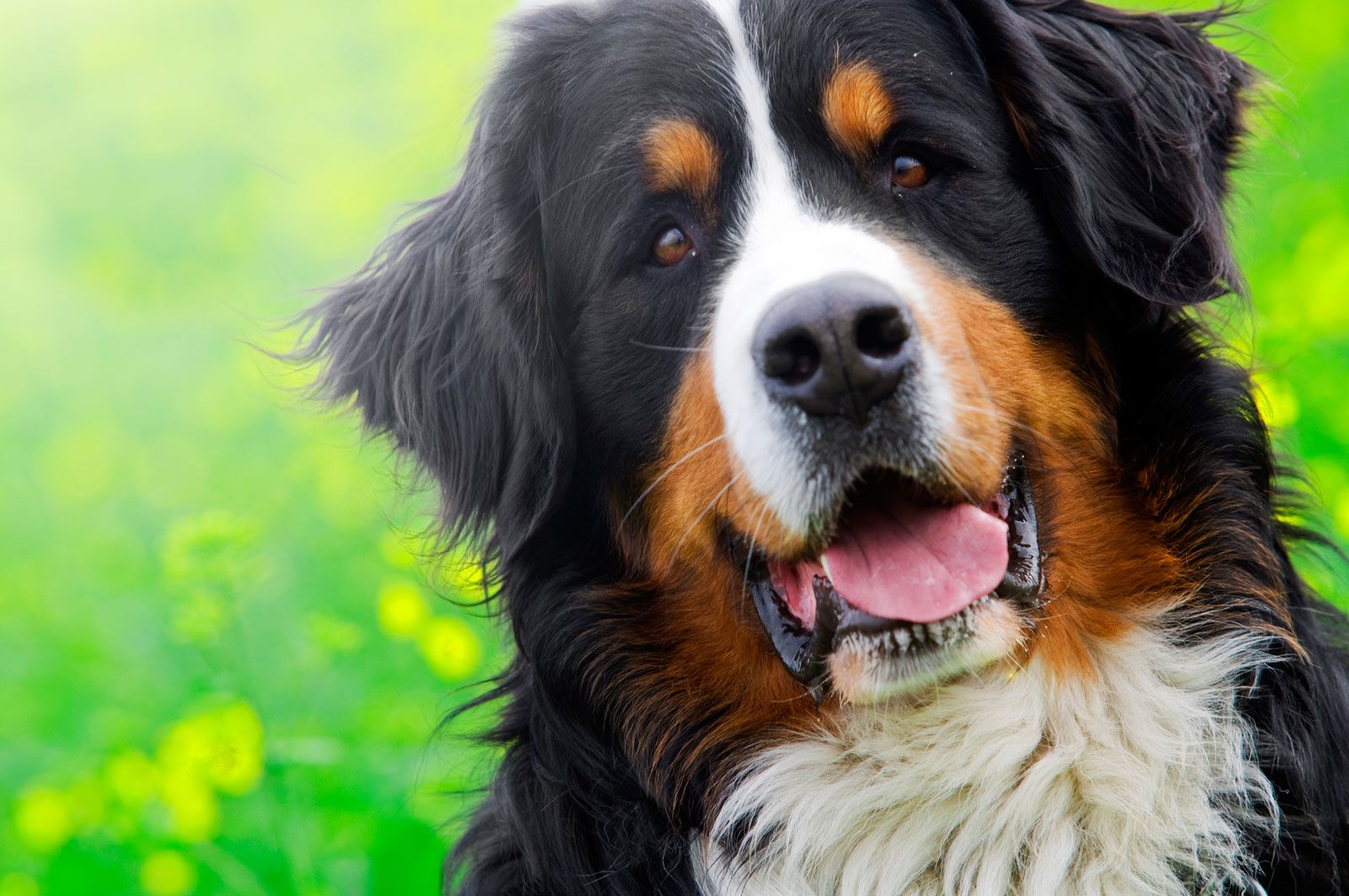
Beyond the Breed: Important Considerations
While breed characteristics offer a good starting point, remember that every dog is an individual. The best fit for you will depend on your specific needs, lifestyle, and preferences.
- Temperament and Personality: Beyond the breed, consider the individual dog’s temperament and personality. Is it calm, patient, and eager to learn? A good mobility assistance dog should be adaptable and able to handle various situations without becoming agitated.
- Training and Experience: Seek out a dog with appropriate training or the potential to undergo specialized training. Look for a dog that is eager to learn and enjoys working with its human partner. Training programs can teach dogs specific skills to assist with mobility challenges.
- Health and Fitness: Ensure that the dog is healthy and physically capable of handling the demands of the role. Consider factors like age, breed-specific health concerns, and overall fitness level.
- Size and Strength: The size and strength of the dog should match your needs and abilities. If you require assistance with pushing or pulling heavy objects, a larger breed might be more suitable.
Ultimately, finding the perfect mobility assistance dog is a journey. It requires careful consideration, a deep understanding of your needs, and a willingness to invest in training and care. The bond you forge with your furry companion will be one of trust, companionship, and mutual support, making a world of difference in your daily life.
Remember, Every Dog is Unique
While these breeds are known for their qualities, every dog is an individual. Don’t be afraid to explore a variety of breeds and consider adopting from shelters or rescue organizations. You might find your perfect match in a dog who doesn’t fit the traditional mold.
With the right dog by your side, you’ll discover a renewed sense of independence, confidence, and joy in everyday life. So, go forth, explore, and find your furry companion who’s ready to lend a paw and make a difference in your world!
